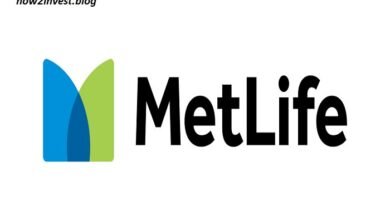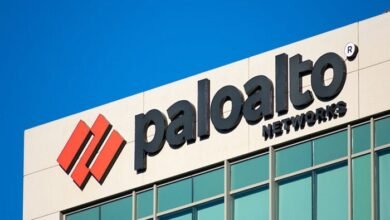In an Efficient Market, Positive NPV Investments Have a Positive Effect on Shareholder Wealth

One of the fundamental concepts in finance is the efficient market hypothesis (EMH), which states that the prices of securities reflect all available information and adjust quickly to new information. According to the EMH, investors cannot consistently earn abnormal returns by exploiting market inefficiencies, because any profitable opportunities will be quickly eliminated by the actions of rational market participants.
Another important concept in finance is the net present value (NPV), which is the difference between the present value of the cash inflows and the present value of the cash outflows of an investment project. The NPV measures the profitability and viability of an investment, and it is widely used as a decision criterion for capital budgeting. A positive NPV indicates that the investment will generate more cash than it costs, and a negative NPV indicates that the investment will lose money.
In this article, we will explore the relationship between these two concepts, and how they affect shareholder wealth. We will argue that in an efficient market, positive NPV investments have a positive effect on shareholder wealth, because they increase the value of the firm and its shares.
The Effect of Positive NPV Investments on Shareholder Wealth
Shareholder wealth is the value of the shareholders’ stake in a company, which is represented by the market price of its shares. Shareholder wealth maximization is the primary goal of financial management, as it implies that the managers are making decisions that are in the best interest of the owners of the firm.
One way to increase shareholder wealth is to undertake positive NPV investments, which add value to the firm and its shares. A positive NPV investment implies that the present value of the expected cash flows from the project exceeds the initial cost of the project. This means that the project will generate a return that is higher than the required rate of return, which is also known as the opportunity cost of capital. The opportunity cost of capital is the minimum return that investors expect to earn by investing in securities with similar risk characteristics as the project.
In an efficient market, where prices reflect all available information, a positive NPV investment will be immediately recognized by the market and incorporated into the share price. This means that as soon as a firm announces a positive NPV project, its share price will increase by an amount equal to the NPV of the project. This is because investors will be willing to pay more for a share that represents a claim on a more valuable firm.
For example, suppose a firm has 100 million shares outstanding, and its current share price is $10. The firm announces a new project that requires an initial investment of $500 million and has an expected NPV of $100 million. In an efficient market, the share price will immediately increase by $1, which is equal to the NPV of the project divided by the number of shares ($100 million / 100 million). The new share price will be $11, and the market value of the firm will increase by $100 million, from $1 billion to $1.1 billion.
The increase in share price reflects the increase in shareholder wealth due to the positive NPV investment. The shareholders who own shares before the announcement will benefit from this increase, as they can sell their shares at a higher price or hold them for future dividends. The shareholders who buy shares after the announcement will not benefit from this increase, as they will pay a higher price for their shares that already reflects the value of the project.
Conclusion
We have seen that in an efficient market, positive NPV investments have a positive effect on shareholder wealth, because they increase the value of the firm and its shares. A positive NPV investment indicates that the project will generate a return that is higher than the opportunity cost of capital, which is the minimum return that investors expect to earn by investing in securities with similar risk characteristics as the project. In an efficient market, where prices reflect all available information, a positive NPV investment will be immediately recognized by the market and incorporated into the share price. This means that as soon as a firm announces a positive NPV project, its share price will increase by an amount equal to the NPV of the project. The increase in share price reflects the increase in shareholder wealth due to the positive NPV investment. The shareholders who own shares before the announcement will benefit from this increase, as they can sell their shares at a higher price or hold them for future dividends. The shareholders who buy shares after the announcement will not benefit from this increase, as they will pay a higher price for their shares that already reflects the value of the project.



